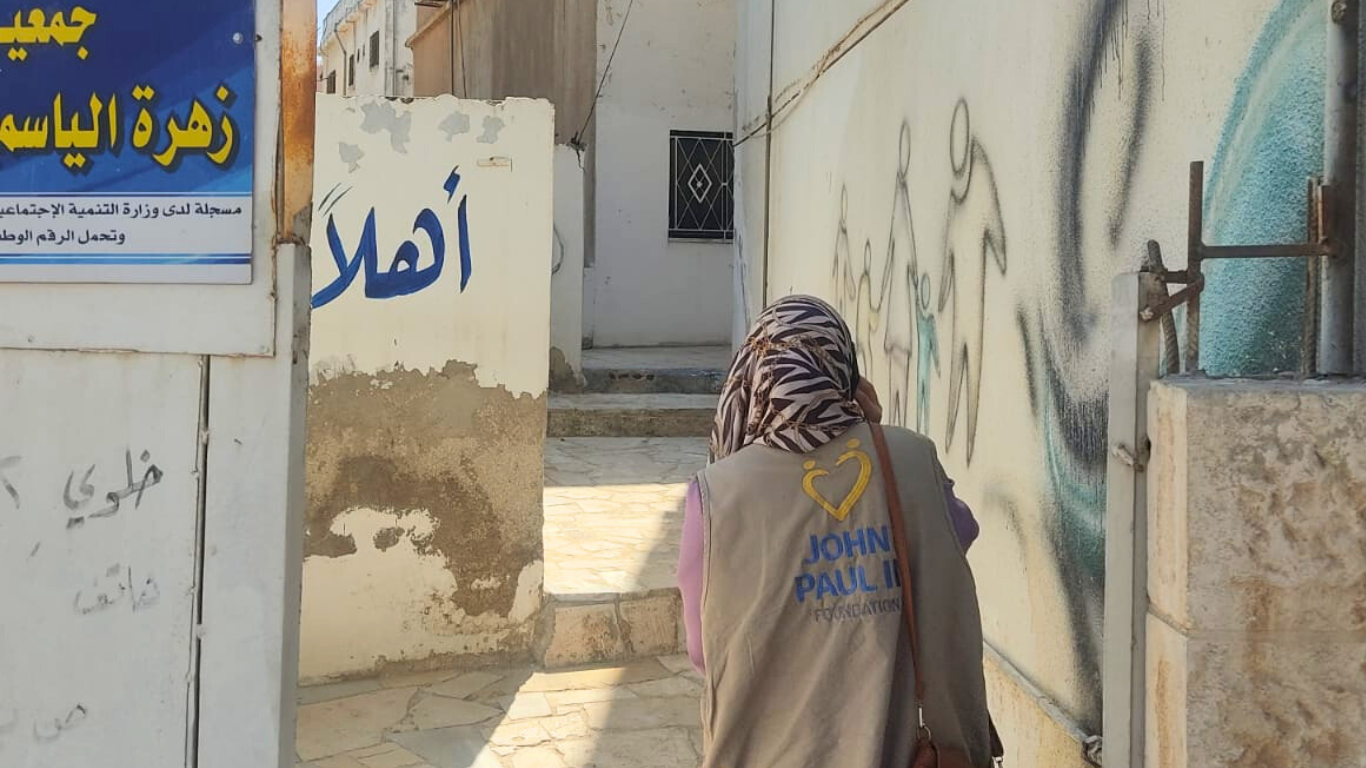
La situazione in Medio Oriente
Non una, ma più crisi sovrapposte stanno colpendo il Medio Oriente, mettendo a dura prova milioni di persone. Carestie, conflitti e migrazioni forzate hanno reso cronica l’insicurezza alimentare.
A Gaza, l’85% della popolazione lotta per nutrirsi; in Iraq il 40% delle terre coltivabili è minacciato dalla desertificazione.
L’instabilità politica ha reso il Medio Oriente la macro-regione con il più alto numero di sfollati al mondo. Ad esempio, il Libano ospita oltre 1,5 milioni di rifugiati siriani, nonostante l’economia sia al collasso; in Palestina, invece, 1,7 milioni di persone hanno perso la propria casa.
Oltre ai diritti fondamentali alla nutrizione e all’abitazione, anche quello all’istruzione è stato messo in secondo piano. In Libano, molte scuole hanno chiuso, lasciando senza istruzione il 30% dei rifugiati in età scolare. In Iraq, invece, la mancanza di insegnanti e di fondi rende l’accesso alla scuola ancora più difficile.
Le persone con disabilità restano ai margini: meno del 2% dei bambini frequenta la scuola in Giordania, mentre in Palestina e in Libano la mancanza di infrastrutture adeguate condanna moltissimi all’isolamento.
Senza interventi su sicurezza alimentare, istruzione e inclusione sociale, il Medio Oriente rischia di restare intrappolato in una crisi permanente, condannando milioni di persone ad un futuro di precarietà.
La Fondazione Giovanni Paolo II non lascia sole queste comunità: resta nei loro territori, portando un sostegno immediato ma soprattutto la speranza di futuro dignitoso.
